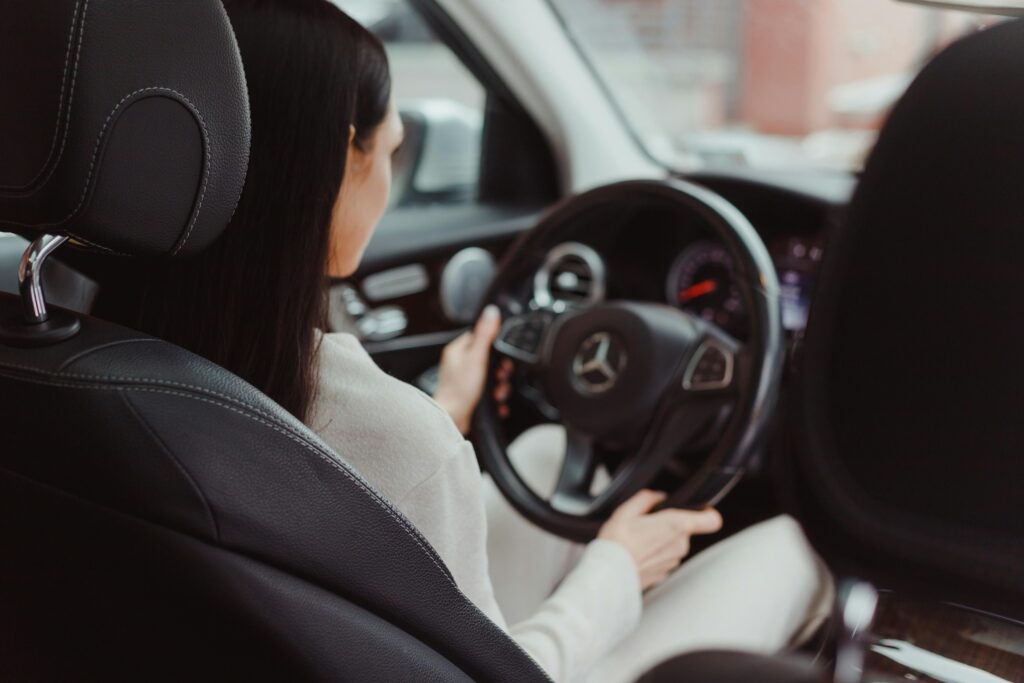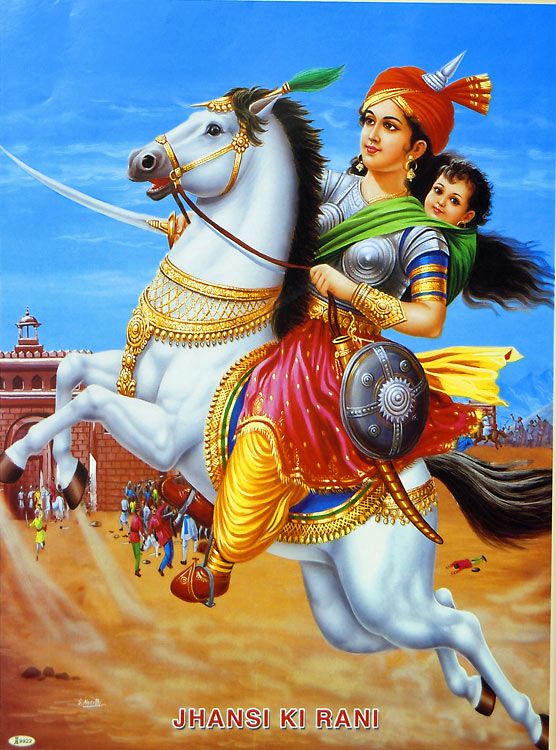We live in a world where humans are advancing every day, yet we still cling to old stereotypes and myths without ever asking why they exist. One such belief is the idea that women can’t drive, a surprisingly common stereotype still present in many parts of the world. In this blog, I want to help you understand why this myth exists and why it’s deeply unfair. Reflecting on these issues is essential, because such mentalities don’t just affect individuals but they hold back the progress of entire communities and countries.
This topic first came to my mind when I saw some videos online, clips of girls falling while driving, losing control of their vehicles, or using their legs as brakes. These videos were made to mock, and I realized that I have seen similar behavior in real life too. People often laugh or pass comments when they see a woman driving and it made me ask: Why are women always the ones being labelled as bad drivers? And if a man crashes or drives poorly, why does no one generalize them? Why they don’t hold any labels? Being a girl myself, someone who is knows to drive and often goes with my father to practice, I began wondering, am I automatically going to be seen as a bad driver just because I am a female? Is driving a matter of gender or a matter of skill?
From deep reflection, I realized there are real reasons behind this mindset, not just hatred, but conditioning. In many families, boys are encouraged to learn driving early sometimes in their teenage years. Fathers, uncles, brothers teach them passionately. But when it comes to girls, that same passion is often missing. Very few families genuinely encourage their daughters to learn driving, and even fewer teach them properly. Most women in India learn driving either after marriage often taught by their husbands or much later than men.

And even when families allow them to learn, the teaching is very basic. They are trained on empty roads, taught just the basics, and after a few sessions, told they’re “ready” to drive. But there’s a huge difference between driving on an empty street and handling real traffic. From personal experience when I used to practice early mornings with my father, on quiet roads, I felt I was driving perfectly. I thought I had learned. But the moment I drove in real traffic, I realized driving isn’t just about operating a car, it’s about alertness, decision-making, lane shifting, giving indicators, following rules. So when women make mistakes on the road, it’s often because they’ve never been trained for the real thing.
Boys start early and when you begin learning something young, you build strong muscle memory and long-term confidence. They get regular opportunities to drive, which naturally makes them better over time. Women, on the other hand, often learn late and are discouraged or even restricted from driving. They don’t get regular practice, so they don’t develop full control over the vehicle. In many households, when there’s work to do outside, the car or scooter keys are handed to the men by default. So women get less road time and driving, like any skill, requires regular practice.
That’s the one advantage men get. Also, yes, men are generally physically stronger than women. That does give them a slight edge in handling a vehicle’s weight or dealing with tough road conditions. But even here, regular driving builds physical control. A woman who drives regularly often gains the same confidence and balance. The problem is, very few women get that chance consistently.
And there’s something even bigger than all this. In most cases, people whether male or female are not properly taught traffic rules. Let’s be honest. Usually, we are only taught how to drive, how to use brakes, take U-turns, move the steering but not taught the actual traffic rules. We are not taught how to change lanes, when to give indicators, how to behave in traffic. Men, when they were younger boys, made plenty of mistakes while learning, and slowly improved. But women start late, and when they make mistakes, society instantly puts a label on them as “bad drivers” even though they’re just figuring things out like any beginner would.
And already, people are waiting to mock women. Society is hyper-focused on them when they’re on the road. Even the smallest mistake is noticed, discussed, laughed at. But when a man makes the same mistake? It’s called a mishap. It’s forgotten. Only when women do something wrong, we attach it to gender and call them names. In India, we have mocking phrases like “papa ki pari” but do we have any phrases for men when they drive poorly or recklessly? No. That’s hypocrisy and generalization. Society treats driving based on gender, not skill.
Even I have learned and am still learning proper driving from my father, yet sometimes self-doubt comes into my mind just because I am a female. Driving isn’t just about technical skills. It also needs confidence. And society snatches that confidence from women too early even before they’ve had a chance to truly learn.

Confidence isn’t always dependent on your personal beliefs or abilities. The judgment of society also plays a huge role in shaping someone’s self-esteem. Imagine a girl who looks into the mirror and believes she’s beautiful. But when she steps outside and faces mockery or judgment from others, she starts doubting herself. That’s how human psychology works and very few people can stay confident without external validation. So when society constantly discourages women from driving, mocks them, or doesn’t trust them, it becomes a mindset, both in men and women that women are not capable of driving. That mindset itself is flawed, and it needs to be unlearned.
And this mindset doesn’t come from nowhere. It comes from centuries of patriarchy. It still exists in us today — the belief that women are weak, incapable, and undeserving of full freedom. This belief exists not just in men, but also in many women subconsciously. Even in positions of leadership, this bias appears. Imagine an election for the Prime Minister. There are two candidates: one male, one female. Even if the woman has a strong manifesto and a convincing personality, many people will still vote for the man simply because they can’t imagine a woman leading the country. That’s the result of patriarchal thinking, and it’s the same mindset that fuels stereotypes like “women can’t drive.”
Still, many people especially men — might not be convinced. They’ve seen women drive poorly and think the stereotype is valid. And yes, there’s one more reason why this stereotype sometimes gets fuel and we have to be honest about it. Some women, when they make mistakes on the road like crashing into another vehicle or entering the wrong lane refuse to accept their mistake. They play the victim card. In such cases, people are more likely to believe the woman’s side of the story. That naturally creates frustration, especially in men. But this behavior should be condemned. It’s not okay.
Women should accept their mistakes too. And this can only begin with self-awareness. If you’re a woman reading this, please understand: when we don’t accept our faults, we give fuel to the stereotype. We make it harder for other women. A man who sees one woman behaving this way might decide not to let his sister, wife, or daughter drive just because of one bad example. So to all the women reading this hold yourself accountable. And to all the families, tell the ladies in your home: “If a mistake happens, admit it we will handle it calmly.” Because in many cases, women shift blame only out of fear — fear of being scolded or never allowed to drive again. That fear leads to avoidance, and that cycle must stop.
This entire reflection gives us many lessons.
First, unlearning the stereotype is important because it damages women’s confidence and creates self-doubt. That doubt holds back a large section of society from reaching their full potential.
Second, a message to all women: this stereotype won’t disappear until we become living examples of confident, skilled drivers. Learn driving properly. Push your family to teach you traffic rules, even the small things. Ask for proper training, not just basic sessions. Become the example that breaks the norm. Also, accept your mistakes when you go wrong. Accountability shows growth.
Third, to the men reading this: teach proper driving to the women in your home. Not just steering and brakes on empty roads but actual driving, including traffic, rules, and confidence. Stay with them during their learning. Don’t leave them to figure it out alone until they’re ready.
Fourth, this is a message for everyone — whether men or women: Learn and follow traffic rules. Most of the time, there’s no emergency to break signals, skip lanes, or drive irresponsibly. We just lack punctuality and patience. These rules exist for a reason, for our safety, for our discipline, and for the dignity of our society and country.
And finally, to destroy this stereotype completely, let’s talk facts. Multiple surveys and studies have shown that women are statistically safer drivers than men. Women are involved in far fewer accidents. They’re more cautious, more alert, and more likely to follow rules. Meanwhile, men — statistically are responsible for a large majority of road accidents. So even if society refuses to believe it, the data already proves that this stereotype is not just harmful, it’s false.
In the end, I want to leave you with this:
If Rani Lakshmibai, the Queen of Jhansi, could ride a horse into war, sword in hand and a child tied to her back then why can’t women drive on the road?

Think about it, not just with your mind, but with the honesty of your heart.
Curious to read more? You’re always welcome to explore all my blogs in the Blog Dictionary
If you ever feel like connecting beyond words, I sometimes share reflections on Instagram and Threads too.
It is really a harsh truth. The stereotypes affect many. People should create awareness about it. Driving is not based on gender it’s a skill that anyone can learn if taught properly.
You are right, driving is a skill and should not be judged on the bases of gender. By awareness and combined efforts, we can truly change the perspective of our society,
Thanks for sharing✨